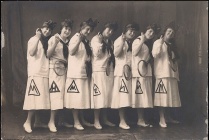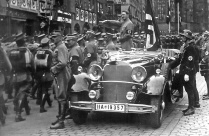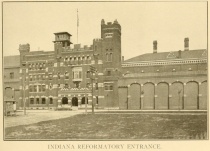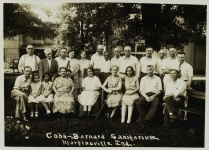The Twentieth Century World
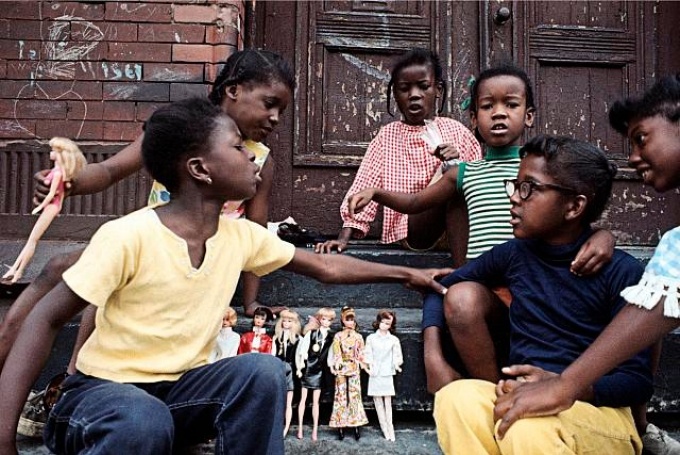
Girls with Barbies, East Harlem / Camilo Jose Vergara, Library of Congress
Scholars and students working in this field combine deep knowledge of the history of one world region or nation within the broader context of the world in the twentieth century. Through international, comparative, and transnational historical approaches, we explore the spread of technologies, ideas, and practices across political borders. This field also grapples with the issues that marked the century, such as warfare and diplomacy, migration, trade and economic relations, gender and sexuality, race and the environment.
Sub-fields
The study of gender and sexuality is embedded within all areas of historical inquiry. Our faculty explore the myriad ways that ideas about of manhood and womanhood and sexual relationships and identities have shaped, and been shaped by, societies.
Faculty
Alfred Palmer, "Rosie the Riveter"
Public Domain, Wikimedia Commons
Our faculty are pioneers in the history of sports, helping to make sense of the many issues of race, gender and sexuality that influence athletics.
Faculty
Canadian tennis players, 1920.
Public Domain Wikimedia Commons
The history of drugs and alcohol is more than tracing the development or consumption of mind-altering substances, but the story of how society and culture has shaped, and been shaped by, the use, misuse, and control of such substances.
Faculty
People's Drug Store located at 8th and H Streets, NE in Washington, D.C.
Public Domain Wikimedia Commons
The history of fascism goes well beyond the rise of Adolf Hitler, encompassing the history of a political thought in modern Europe. Our department is a leading force in understanding the transnational and international forces at work during this tumultuous period.
Faculty
Parade of Nazi Troops, 1935, Nuremberg.
Public Domain, Wikimedia Commons.
Our faculty's research makes critical connections between the discipline, punishment, and perceptions of deviance, a field that highlights the interplay between forces such as gender, sexuality, disability, and race.
Faculty
The Indiana Reformatory
Public Domain, Wikimedia Commons
The Department of History is at the forefront of the burgeoning field of disability history. This field explores the history of how societies and cultures have understood disability as well as the lived experiences of disabled people.
Faculty
Patients at a sanitorium in Indiana, 1926
Wellcome Collection
Our faculty are instrumental in innovating the field of urban history, exploring the growth and development of cities and the lives of the people who lived in them.
Faculty
New York City skyline, 1975.
Library of Congress.
Part urban history, part political history, this field explores how governments have served their citizens, and the ways that social and cultural forces influence public decision making.
Faculty
Cabrini Green Housing Project, Chicago.
Public Domain Wikimedia Commons

